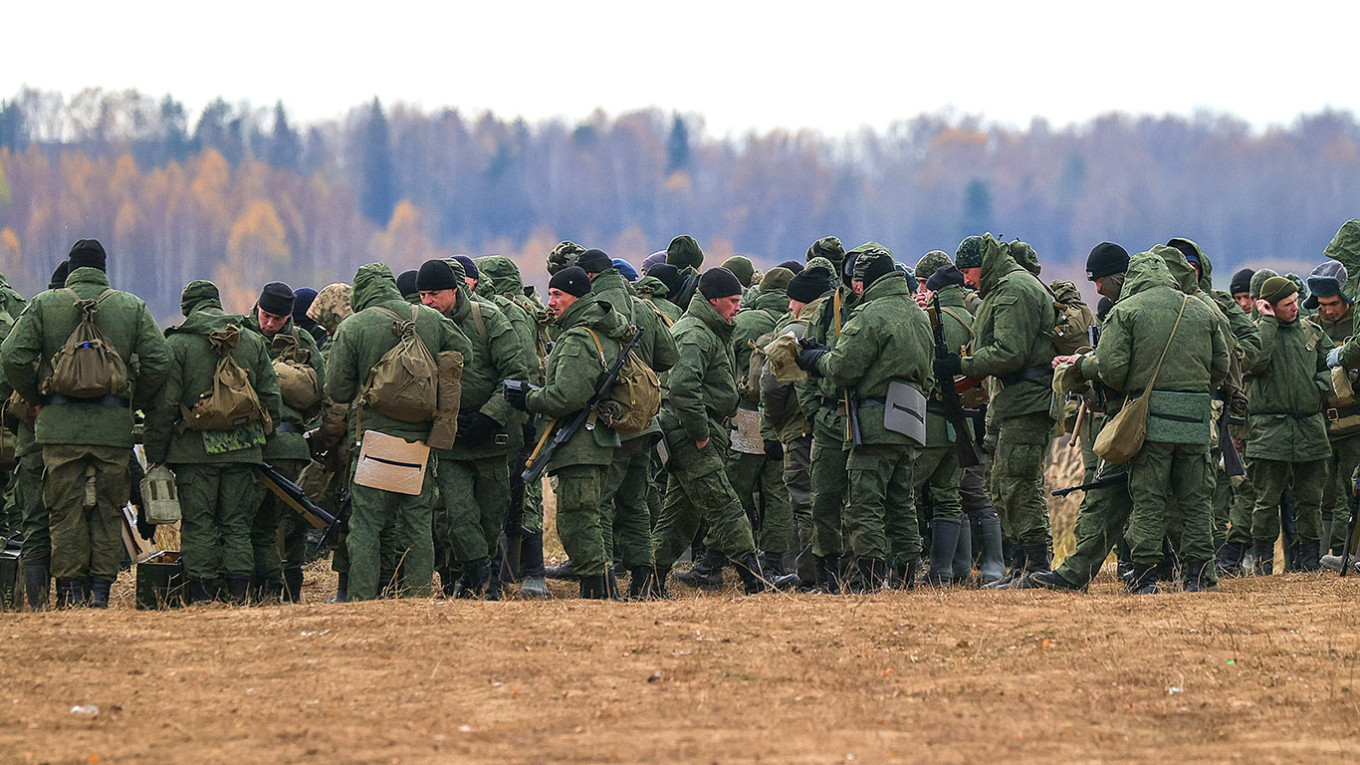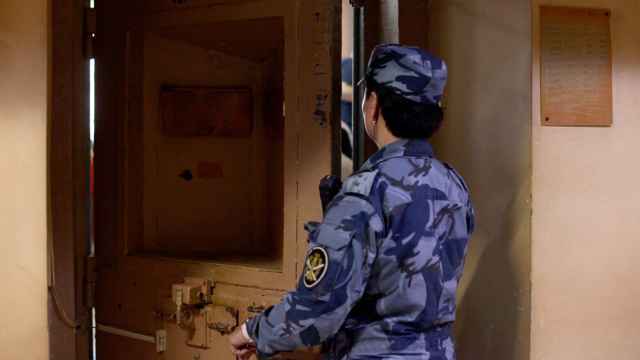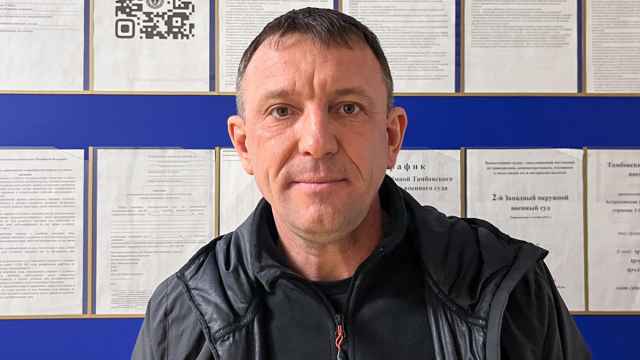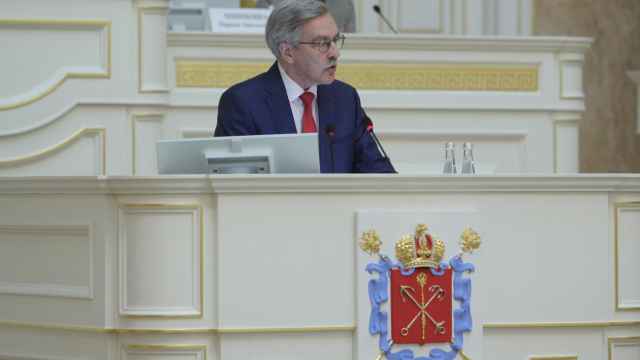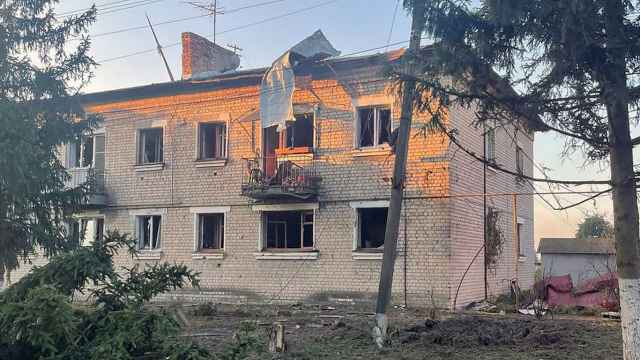President Vladimir Putin on Wednesday signed laws to allow defendants in criminal cases to sign military contracts and be deployed to fight in Ukraine, expanding the pool of potential recruits for Russia's two-and-a-half-year war.
Under the new amendments, defendants who sign military contracts can have their criminal cases suspended at the request of a military unit — or have their prosecution terminated altogether.
These soldiers' criminal records can be expunged if they are presented with state awards for their conduct on the battlefield.
The list of pardonable crimes does not include serious felonies like treason, espionage, terrorism and sex crimes.
In March, Russia passed similar amendments permitting the recruitment of convicted prisoners and detainees whose cases have not yet been submitted to court.
“The change is being made due to the fact that current legislation does not allow military contracts to be concluded with defendants if their case is in court,” the lower-house State Duma said after it adopted the amendments last month.
The amendments "will expand the pool of contract servicemen for our Armed Forces,” said lawmaker Andrei Kartapolov, chair of the State Duma's Defense Committee.
The investigative outlet IStories cited an anonymous source in the Defense Ministry as saying that Russia plans to recruit approximately 40% of the country's 60,000 criminal defendants for the war.
The practice of recruiting prisoners for the war in Ukraine was initially spearheaded by the Wagner mercenary group in 2022 before the Defense Ministry took over prison recruitment early last year.
These prisoners are reported to have suffered some of the most severe losses among Russian forces in Ukraine.
A Message from The Moscow Times:
Dear readers,
We are facing unprecedented challenges. Russia's Prosecutor General's Office has designated The Moscow Times as an "undesirable" organization, criminalizing our work and putting our staff at risk of prosecution. This follows our earlier unjust labeling as a "foreign agent."
These actions are direct attempts to silence independent journalism in Russia. The authorities claim our work "discredits the decisions of the Russian leadership." We see things differently: we strive to provide accurate, unbiased reporting on Russia.
We, the journalists of The Moscow Times, refuse to be silenced. But to continue our work, we need your help.
Your support, no matter how small, makes a world of difference. If you can, please support us monthly starting from just $2. It's quick to set up, and every contribution makes a significant impact.
By supporting The Moscow Times, you're defending open, independent journalism in the face of repression. Thank you for standing with us.
Remind me later.


